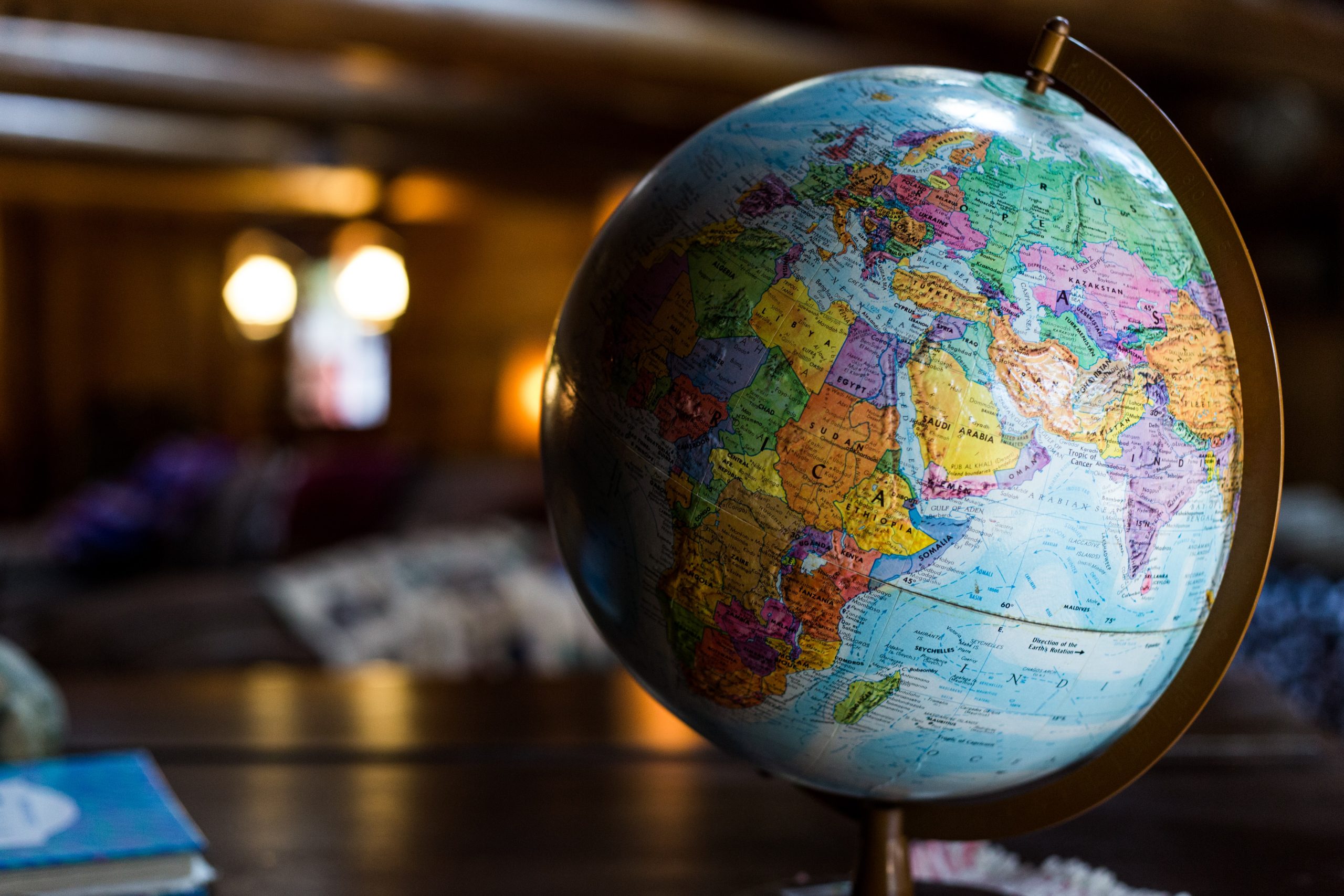Cooperation in the service of cultural heritage

02/01/2022
From Il Sole 24 Ore of 2 January 2022.
There are journeys that consist in moving, with courage and determination, behind the scenes of the world, where no tourist gaze will ever be able to go, and where instead profound and human truths are kept. These are the journeys of peacekeepers, of those who work with UN agencies, or with Italian government cooperation. Men and women who visit inaccessible places, lands where unspeakable violence has often been inflicted. Here too there are manifestations of the sublime, fragile safeguards of culture and civilization, incomparable natural beauties. The presence of this heritage of humanity helps to give strength to peacemakers. As happened with Paolo Dieci, the president of Cisp, the International Committee for the Development of Peoples, who died in the Ethiopian Airlines plane crash in March 2019. Promoter of countless development cooperation activities between Italy and sub-Saharan Africa, Dieci had witnessed not only the infinite poverty of Ethiopia, but also of its immense cultural wealth. The spark that made him a defender of the rights of the weakest was born in this context.
Paola Boncompagni, a long-time consultant for United Nations agencies and for Italian Governmental Cooperation, has entrusted to a diary facts, testimonies, natural descriptions of places that are, more often than not, elliptical with respect to normal travel itineraries. A notebook filled in the sky during each air travel, as if to fix a distance that would enhance its objectivity after the sedimentation of emotions. From novel James Cook who, aboard the Endeavour, sails to discover unknown worlds and who describes, with literary mastery, wonderful and uncontaminated natures.
Here then are natural havens and tax havens, restless Middle Eastern soils and Pacific islands, archaeological parks and majestic places of worship. At one point, following in the wake of Italian cooperation, we are in Mauritania, the last country in the world to abolish slavery in 1981. The journey stops in the city of Chiringuetti, a holy place of Islam at the crossroads of caravan routes. Here the Italian Cooperation intervenes to save ancient books and manuscripts kept in private homes from deterioration. Owning a library gave prestige to families who have handed down thousands of volumes for centuries, creating unique collections in the world. The Italians, masters in the art of restoration and conservation of cultural heritage, have helped create a kind of book first aid in Mauritania. a finely equipped laboratory where local technicians work on the recovery of the manuscripts. The restoration of cultural heritage is often a little known activity, not secondary in the background of the contribution that our Cooperation makes to the fight against hunger, poverty and social exclusion. There are many projects that see Italy at the center of protection activities. Among these is the collaboration with Riwaq, an NGO that takes care of the conservation and enhancement of the architectural heritage of Palestine. The historic centers of dozens of Palestinian villages are in fact in a state of semi-abandonment, some are completely uninhabited. The mission of the architects of Riwaq, then, is to protect the historical artistic heritage and the culture of the local landscape.
Boncompagni’s diary lets us experience from within the harsh reality of the Djabal refugee camp in Chad, where the long wave of people fleeing Sudan arrives. In Cambodia we explore the Angkor Wat archaeological park, the largest religious monument in the world. In Angola we are faced with the drama of children abused in the family because they are considered bearers of the evil eye. In India, on the other hand, we observe in the front row the rites and liturgies of Mata Amritanandamay, the Great Spiritual Mother of all Indians. About Her Her endless hug donation sessions attract people from all over the world.
The earth seen from here reveals a deep love for humanity, and also the fascinating osmosis between nature, history, religions, superstitions, physical and economic geography. And when, in the interval between one mission and another, the journey dwells on more familiar scenarios such as the Greek islands, everything appears new, because it is described from above and narrated with the power of emotions, packaged in an elegant box. literary. With a basic lesson: in the contrast between the bored Western wealth and the dramatic poverty of many theaters of crisis, we are inevitably confronted with our daily delusions of omnipotence.
